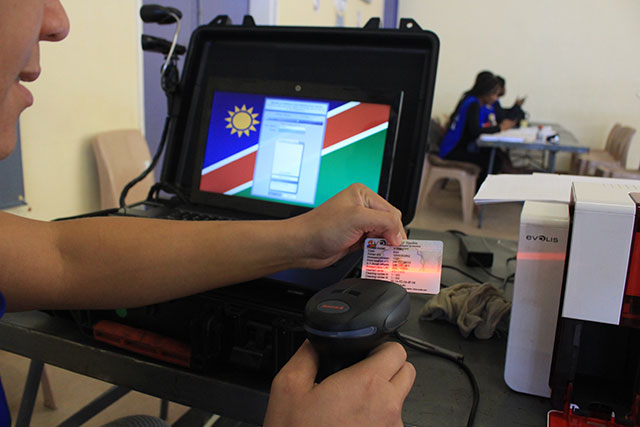Amid excitement over Namibia’s foray into a green hydrogen economy, the establishment of the Green Hydrogen (GH2) Implementation Authority Office under the Ministry of Mines and Energy could ignite hope for a sustainable future.
As we both embrace and constructively critique this bold endeavour, we must delve into deeper conceptual considerations that underpin the very tools of governance shaping the GH2 trajectory.
CORE QUESTIONS
At the heart of any authority’s inception lie questions about the nature of governance itself.
Does establishing the GH2 Implementation Authority reaffirm the sovereignty of centralised power, or does it usher in an era of collaborative governance?
The tension between top-down decision-making and inclusive participation becomes palpable, prompting us to reflect on how the entity can strike a balance that respects both expertise and democratic values.
The GH2 Implementation Authority’s potential to leverage technical proficiency and enact rapid decisions raises pertinent questions.
Are the complex challenges of green hydrogen best navigated through the concentrated power of experts, or can a participatory approach foster innovative solutions?
Striking a philosophical equilibrium requires the authority to engage in meaningful dialogue with civil society, creating a space where specialised knowledge intersects with public aspirations.
TRANSPARENCY AS
A MORAL IMPERATIVE
Transparency, often heralded as a cornerstone of ethical governance, assumes even more profound significance in the context of the GH2 Implementation Authority.
Transparency is not merely a procedural requirement – it’s a moral imperative that speaks to the fundamental trust between a governing body and its constituents.
Transparency transcends the disclosure of data and morphs into an ethical philosophy.
The GH2 Implementation Authority must, to the most reasonable extent possible, commit to transparency in disseminating information as it pertains to rationale for resource allocation and project progress.
By espousing transparency, the authority can forge a genuine partnership with citizens who recognise that shared values underpin the green hydrogen vision.
PHILOSOPHICAL DILEMMA
As the GH2 Implementation Authority marshals a team of experts to navigate the complexities of green hydrogen implementation, a philosophical dilemma emerges: How does a specialised body remain accountable to a broader public?
The tension between technical expertise and democratic accountability raises questions about how the authority can ensure that its decisions reflect not only technical prowess, but also the aspirations of the society it serves.
The GH2 Implementation Authority wields significant autonomy in steering Namibia’s green hydrogen endeavours.
Yet, this autonomy is a double-edged sword, demanding contemplation.
The challenge lies in balancing authority with responsibility, autonomy with accountability.
A GH2 Implementation Authority must rise to the occasion and reflect on its role as a steward of societal aspirations.
Autonomy becomes a testament to trust, but it must coexist with mechanisms that guarantee accountability.
The authority becomes a guardian of the nation’s future, entrusted not only with technical advancements, but also with the preservation of the collective vision.
Analogically, the authority’s role becomes akin to that of a conductor in an orchestra.
It must harmonise the diverse instruments of innovation, governance and public interest to create a symphony of progress.
A CUSTODIAN
As Namibia starts its green hydrogen journey, the GH2 Implementation Authority stands as a symbol of hope and promise.
Yet, beneath its administrative structure lies a universe of philosophical questions that probe the essence of governance, transparency, expertise, accountability, innovation and the delicate balance between them.
As the authority charts the course of Namibia’s green hydrogen ambitions, it must harness these questions as a compass, guiding its actions toward a future where integrity intertwines with sustainable progress.
In this philosophical odyssey, the GH2 Implementation Authority becomes not just a steward of innovation, but a custodian of the nation’s philosophical aspirations.
- Bertha Tobias is a California-based, final year undergraduate International Relations student concentrating on oil, gas and energy. Connect on bertha@berthatobias.com
Stay informed with The Namibian – your source for credible journalism. Get in-depth reporting and opinions for
only N$85 a month. Invest in journalism, invest in democracy –
Subscribe Now!






